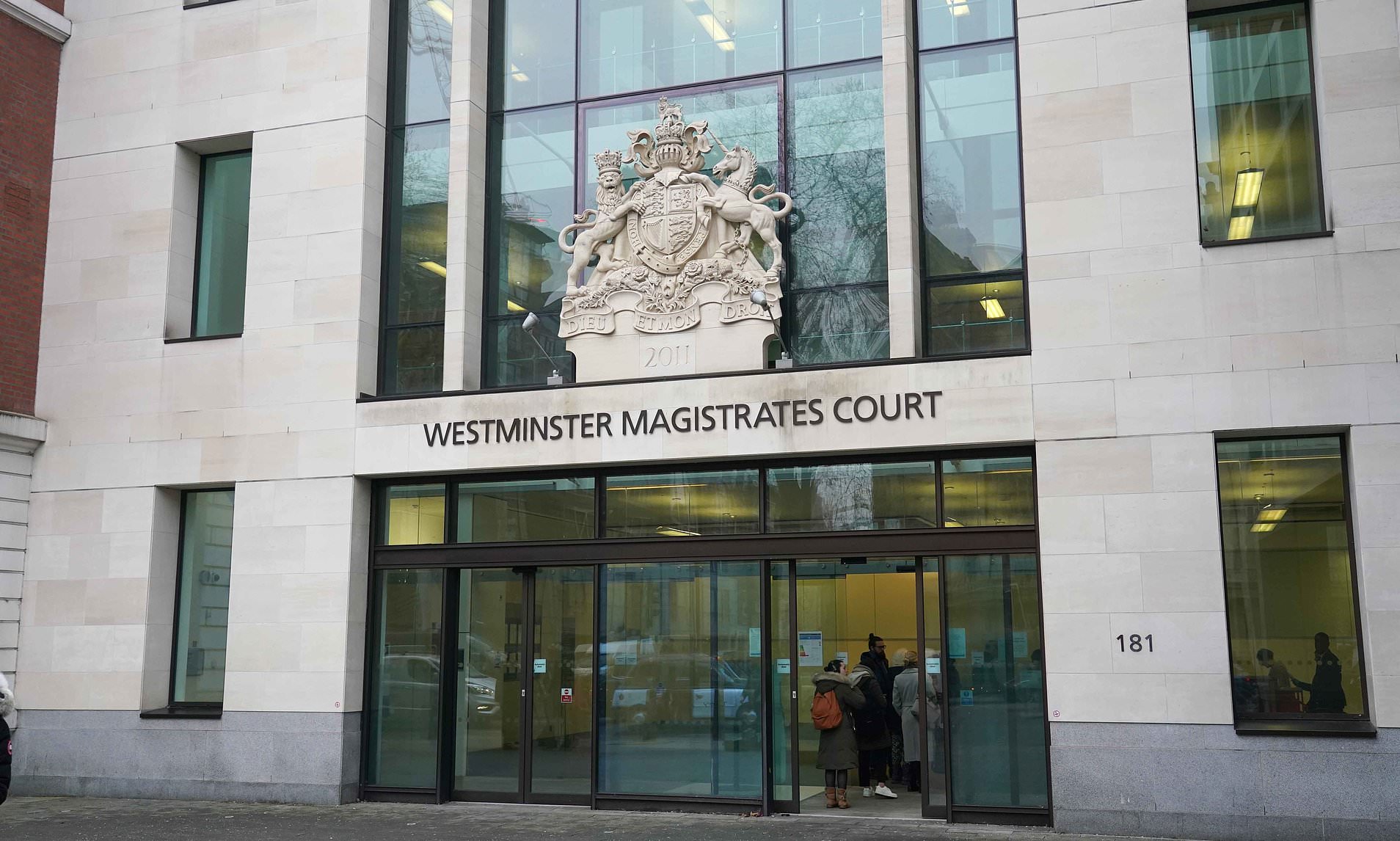London court approves extradition of British citizen linked to Albanian businessman’s murder

A London extradition court has granted Albania’s request to extradite Steven Hunt, a British national accused of aiding in the assassination of Albanian businessman Ardian Nikulaj in Shëngjin. The court deemed the request valid, moving the case one step closer to Hunt’s transfer to Albania.
Why is this important: Steven Hunt is part of a larger group accused of orchestrating Nikulaj’s murder in April 2023. The case has drawn international attention due to the cross-border nature of the crime and the alleged involvement of a structured criminal network. The ruling underscores the cooperation between Albanian and British authorities in pursuing justice across borders.
Context: Hunt’s legal team argued against the extradition, citing his diagnosis with an oncological illness following his arrest in London. They claimed his health could deteriorate if extradited. However, Judge Daniel Sternberg of the City of Westminster Magistrates’ Court rejected this argument, stating that Albania has the necessary facilities to treat individuals with serious medical conditions in its detention centers and prisons.
In his ruling, Judge Sternberg emphasized, “Albanian authorities have demonstrated the capability to provide appropriate care for detainees with severe illnesses.”
The final decision on Hunt’s extradition, along with other co-accused individuals, now rests with the High Court in London, which is expected to deliberate in the coming months.
The prosecution in Lezhë has also named four other British nationals — Edmond Haxhi, Thomas Mithan, Harry Simpson, and Harriet Bridgeman — as members of the group that allegedly planned and supported the killing. They face charges of premeditated murder in collaboration with a structured criminal organization.
What’s this about: This development follows the December 2023 extradition of Ruben Saraiva, suspected to be Nikulaj’s shooter, from Morocco to Albania. His trial is already underway in the Lezhë Court, where he faces charges of execution as part of the organized crime group.
Nikulaj’s murder created quite a stir in Albania when it was discovered that a whole team of foreign citizens – British and Portuguese – who pretended to stay in Nikulaj’s hotel were involved in the murder.
Albanian prosecutors, aided by British police, uncovered that the assassination was financed by an investment of up to €1 million, allegedly by individuals with longstanding conflicts with the Nikulaj family. The case highlights the significant international collaboration required to address transnational organized crime and bring those responsible for such high-profile murders to justice.


